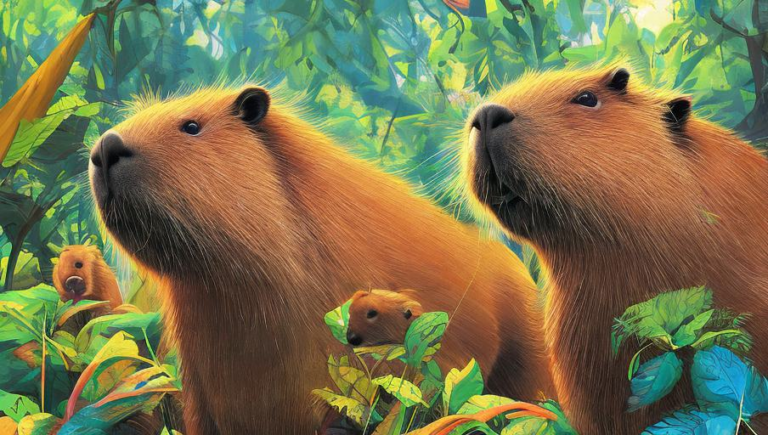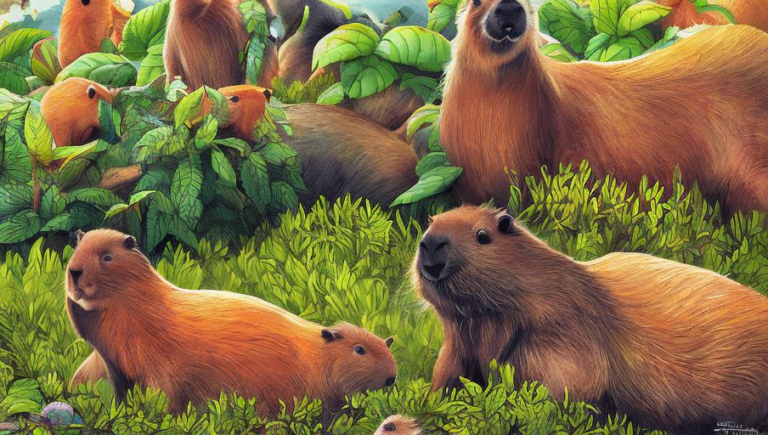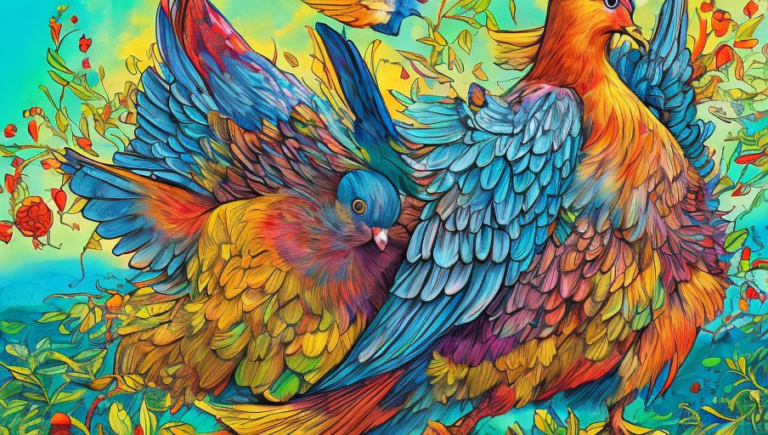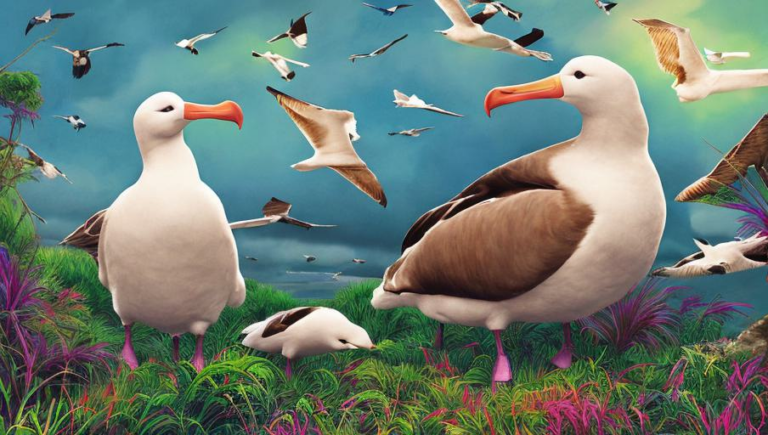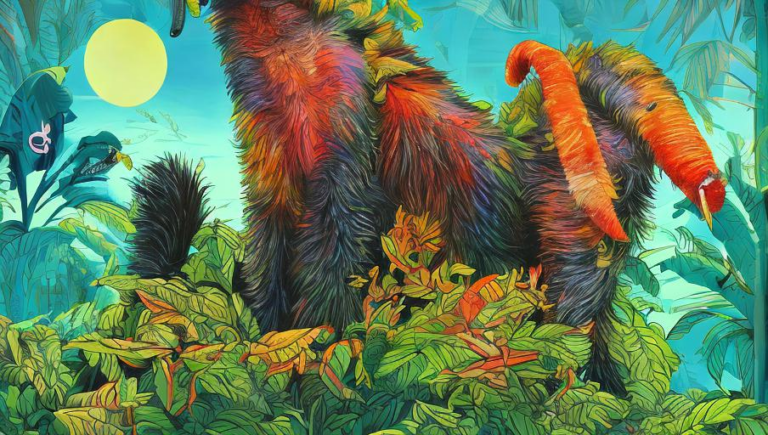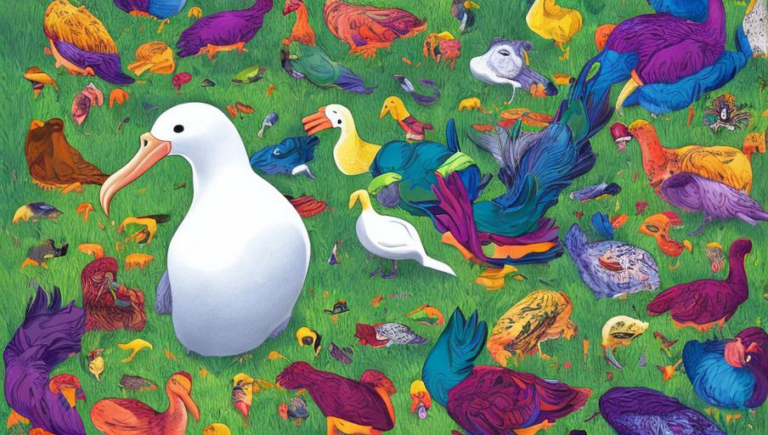Encountering the Elusive Barracuda
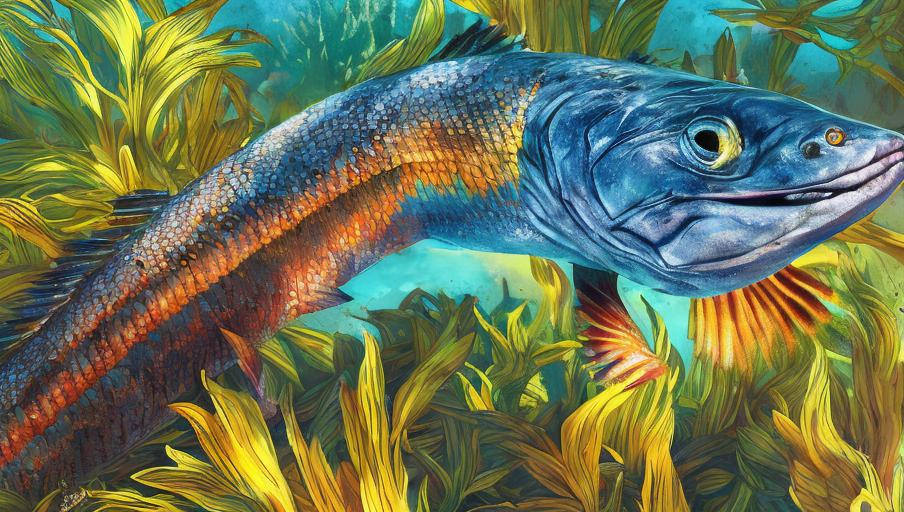
The Barracuda
The barracuda is a carnivorous fish that is found primarily in tropical and subtropical waters. It has a long and slender body, with a pointed, snout-like head. The barracuda has sharp teeth and a large mouth, allowing it to capture and eat its prey. It is typically seen in groups, and barracuda can reach lengths of up to five feet. The barracuda is a fast swimmer and can reach speeds of up to 22 miles per hour.
Habitat and Diet
Barracuda live in oceans and seas all around the world, usually in warm, shallow waters. They are commonly found near reefs and other areas of high food abundance. Barracuda typically feed on smaller fish, squid, and crustaceans. They are also opportunistic feeders, and will take advantage of any easy meal they can find.
Encountering a Barracuda
The barracuda is an elusive fish, and it is not often seen by humans. However, those lucky enough to observe one in its natural habitat are in for a treat. When encountered, the barracuda will often remain calm, even when approached. It will often swim away slowly, taking advantage of its speed and agility to escape. If disturbed too much, however, the barracuda may become more aggressive and attempt to attack.
When diving or snorkeling, it is important to remain aware of one’s surroundings. If a barracuda is spotted, it is best to avoid the area and give the fish plenty of space. It is important to remember that barracuda are wild animals, and should be treated with caution and respect.
Protection of Barracuda
The barracuda is a species that is vulnerable to overfishing, and efforts are being made to protect them. In many countries, fishing of barracuda is banned or restricted. Additionally, conservationists are working to protect the habitats of barracuda, and to make sure they have plenty of food sources. By doing this, we can help ensure that these beautiful and fascinating creatures will continue to thrive.
Encountering a barracuda in the wild is a truly awe-inspiring experience, one that should be respected and appreciated. Through conservation efforts and education, we can help ensure that these wonderful creatures will remain in our oceans for generations to come.
